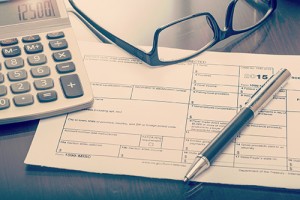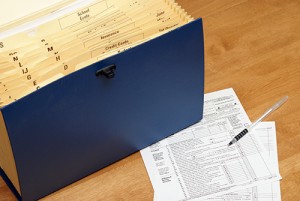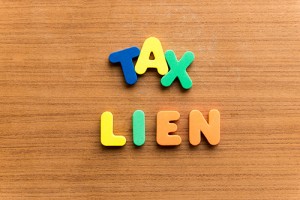
The IRS treats rental property losses like passive losses meaning they are not from a trade or business. Rental activities are presumed to be passive by the IRS allowing passive losses to be deducted only against other passive income. Therefore if there is no other passive income such as rental income, the losses for that activity are suspended until the rental property relating to that activity is sold. Note that the IRS keeps track of the suspended passive losses for each activity when you file form 8582 with your federal income tax return.
However, there is an exception to that passive loss rule which is when a taxpayer is treated as a real estate professional. A real estate professional is someone who:
1. Devotes more than half of his or her personal services during the tax year in real estate businesses, and
2. who spends more than 750 hours materially involved during the tax year as a developer, broker, landlord or other real estate professional (also known as the Material Participation Test).
If both tests are met for each real estate activity then the loss is treated as an ordinary loss for that activity and can be deducted against other ordinary income.
Keep in mind the best type of loss to have is an ordinary loss because it can be deducted against other ordinary income like wages, bonuses, self- employment income, interest, dividends, rents and royalties.
To meet the 750 hour requirement the IRS requires you keep a log of the work you do as a landlord, contractor or broker. Examples include:
1. Working on or improving the property,
2. Researching and Bidding on properties,
3. Finding and Screening tenants,
4. Collecting rent,
5. Performing maintenance.
Since Material Participation must be established on an activity by activity basis, I always recommend an election be made under Treasury Regulation 1.469-9(g) to aggregate all real estate activities as one activity. This makes meeting the 750 hour rule much easier for taxpayers with more than one rental property or brokers who have other businesses besides real estate.
Once an election it is made is good for that tax year and all future tax years until either the Taxpayer or the IRS revoke it. Feel free to contact Gregory Spadea at 610-521-0604 to learn how to make the election.











